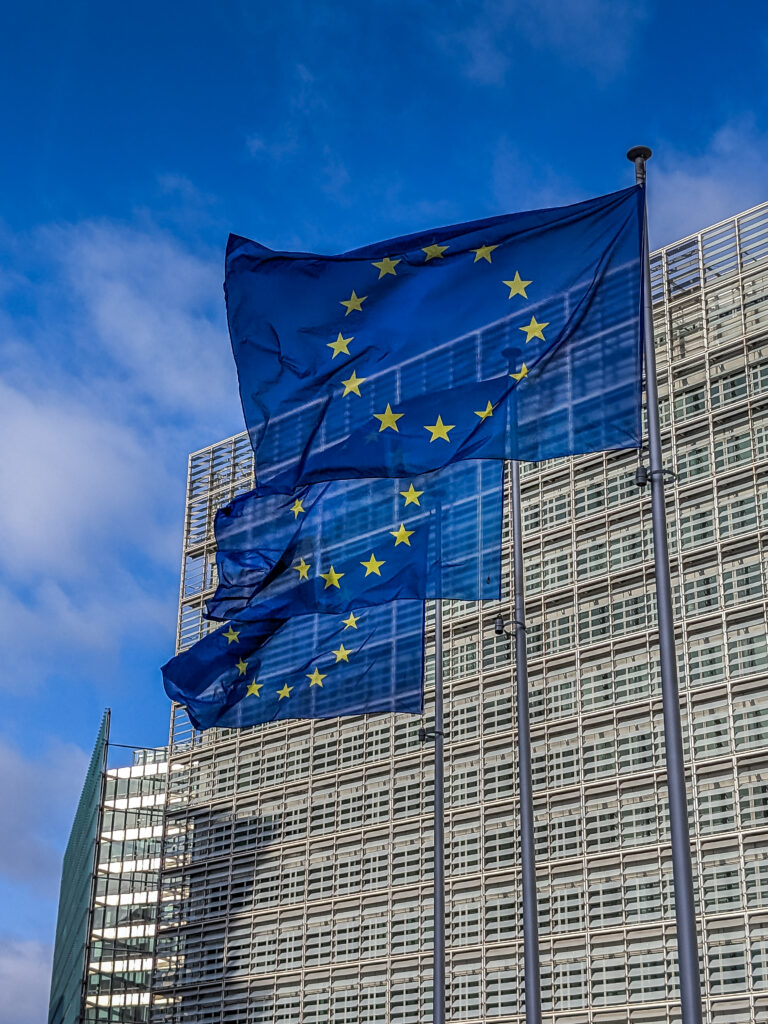Over the past decade, plaintiffs’ lawyers and litigation funders have imported the worst parts of the U.S. lawsuit system to countries like the European Union, Canada, and Australia. More recently, plaintiffs’ lawyers have set their sights on the UK litigation landscape, which has seen an alarming rise in collective actions — known as class actions in the U.S — against businesses.
Scévole de Cazotte, ILR’s senior vice president of international initiatives, spoke with Kenny Henderson, partner at Cameron McKenna Nabarro and one of the UK’s premier defense lawyers, on a recent episode of the Cause for Action podcast. Scévole and Kenny discuss troubling litigation trends, recent moves by the UK Supreme Court, and what’s next for the UK collective action system.
The episode examines the 2020 UK Supreme Court decision in Merricks v. Mastercard, a massive, multibillion-pound case over whether Mastercard overcharged transaction fees between 1992-2008 for almost 46 million British consumers. Essentially, the Court made it easier for collective actions to be certified, signaling that law firms and litigation funders, not consumers and businesses, will benefit the most from the UK lawsuit system. After the decision, eight new collective actions involving millions of class members were certified, with more expected to come. Scévole and Kenny discuss how the combination of the newly lowered threshold and the Court’s little regard for the merits of the Merricks case shifted the UK litigation landscape.
Another case discussed is a £3bn data protection class action against Google, where none of the claimants signed up to be a part of the case. A similar tactic is used in U.S.-style class actions. The Court approved of this tactic in the case against Google, which could potentially be used to bring more claims because of its ability to establish liability from an opt-in class action perspective.
Lastly, Scévole and Kenny discuss a forthcoming case involving third party litigation funding (TPLF). TPLF is a multibillion-dollar global industry that operates in secret and allows hedge funds and other financiers to invest in lawsuits in exchange for a cut of any settlement or award. The UK Supreme Court recently agreed to hear a case on the legality of TPLF in a truck manufacturer lawsuit. The defendant is arguing that the litigation funder is part of a damages-based agreement (DBA), which means that the solicitor’s legal fees are contingent upon the case’s success, and the funder should be subjected to the restrictions the UK has in place for DBAs.
Check out the episode to learn more about what’s happening in the lawsuit system across the pond.
Tune in and subscribe to the Cause for Action podcast.




